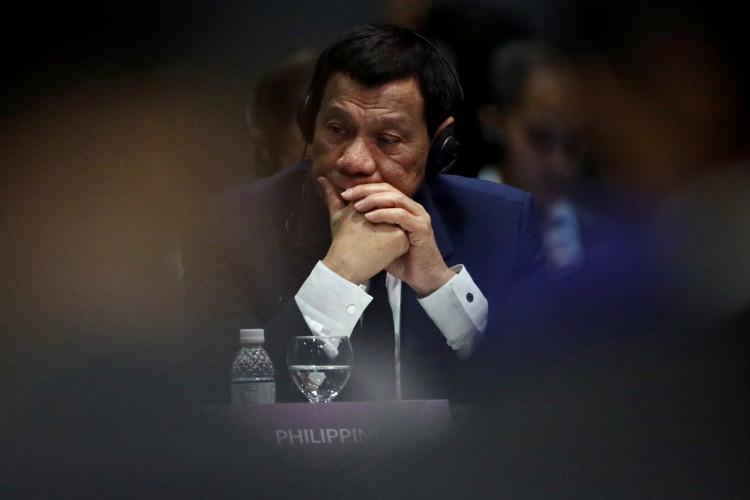Philippine President Rodrigo Duterte said on Monday that he might change the name of the Philippines and he believes that "Maharlika", a name proposed by the late dictator Ferdinand Marcos, is a good replacement.
Duterte, known to question the Roman Catholic Church and to disregard Spanish colonial roots, said that the nation is better to have its name suited to its "Malay" identity. The remark was given on his speech during the distribution of land ownership award in Maguindanao.
He said that the Philippines were discovered by Magellan using the money of King Philip and it all ends there. He added that someday the nation will change its name. he added that the late dictator Ferdinand Marcos is right on his plan of changing the nation's name to "Maharlika".
The name of the country was given in honor of the king of Spain, Phillip II, in the 16th century while it was still under the colonization of Spain. It was originally referred by the explorer Ruy Lopez de Villalobos as "Las Islas Filipinas".
The name "Maharlika" was first proposed by Sen. Eddie Ilarde through the Parliamentary Bill 195 which allegedly means "nobly created". Historians, however, argues that the term "Maharlika" means freemen and not kings, princes or nobles. Historians also argue that there was no archeological or historical evidence that supports the existence of a Kingdom called "Maharlika" in the Southeast Asian region.
The "Kingdom of Maarlika" was said to be related to the claims that a certain clan called Tagean-Tallano owns the Archipelago. A claiming descendant of the clan faced charges in2015 after he fabricated land titles in Metro Manila.
The Army investigators reported that the term "Maharlika" was used by the former dictator to fake his military records during World War 2. The New York Times reported that the late dictator claimed that he once commanded a group of guerrillas known as the "Maharlika Unit". The report said that between 1945 and 1948 various Army officers rejected Mr. Marcos's two requests for official recognition of the unit, calling his claim distorted, exaggerated, fraudulent, contradictory, and absurd. The report also said that the Army investigators concluded that the unit was a fictitious creation and that it never existed as a guerrilla organization during the war.
The agency also added that records of the group recorded by the United States Veterans Administration and the Philippine Army in 1950 reflected that the claimed members of the unit committed "atrocities" against the civilians instead of fighting for the Filipinos against the Japanese.





